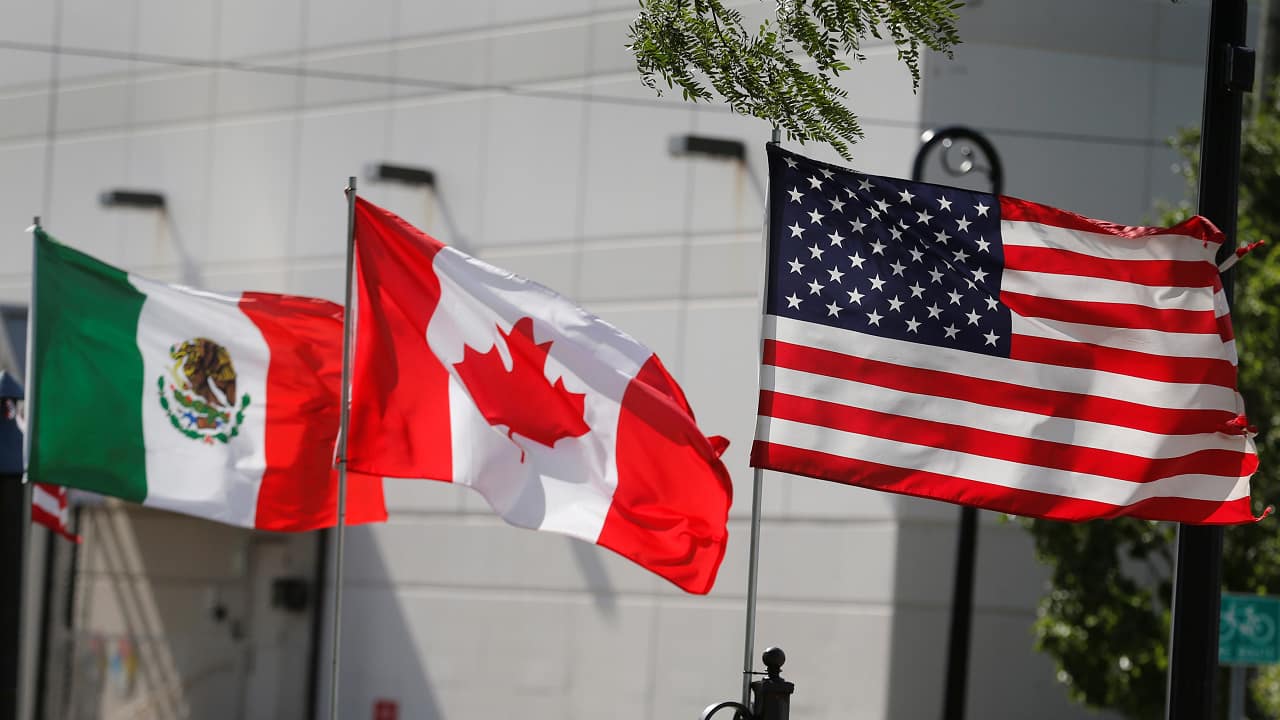The Canadian government has issued a travel advisory urging its citizens to exercise caution when entering the United States, particularly in relation to the inspection of mobile phones and other electronic devices at the border. The advisory warns that travelers may be subject to detailed questioning and digital searches by US Customs and Border Protection (CBP) agents. As reported by The Economic Times, the advisory underscores that travelers could be denied entry or even deported based on the content of their devices.
This includes emails, messages, social media posts, or any other data that border officials deem relevant to national security or immigration laws. Canadian authorities are advising their citizens to be fully cooperative with US officials and to understand their rights before crossing the border. The advisory follows several high-profile incidents that have raised concerns about privacy and due process at US border checkpoints.

One notable case, mentioned by The Economic Times, involved the 11-day detention of a Canadian actress at the US-Mexico border. Another incident saw a French scientist denied entry reportedly due to critical comments about then-President Donald Trump found on his phone. These episodes have sparked widespread concern among civil rights advocates, who argue that such searches—often conducted without warrants—violate privacy norms and can discourage legitimate travel.
The impact is already being felt. According to Statistics Canada, car travel from Canada to the US dropped by 23% in February, signaling that travelers may be rethinking cross-border trips amid rising uncertainty and scrutiny. Canada now joins other countries—including the UK, Germany, and France—in warning citizens about more stringent US border procedures.
The message is clear: even a vacation could turn into an interrogation..















